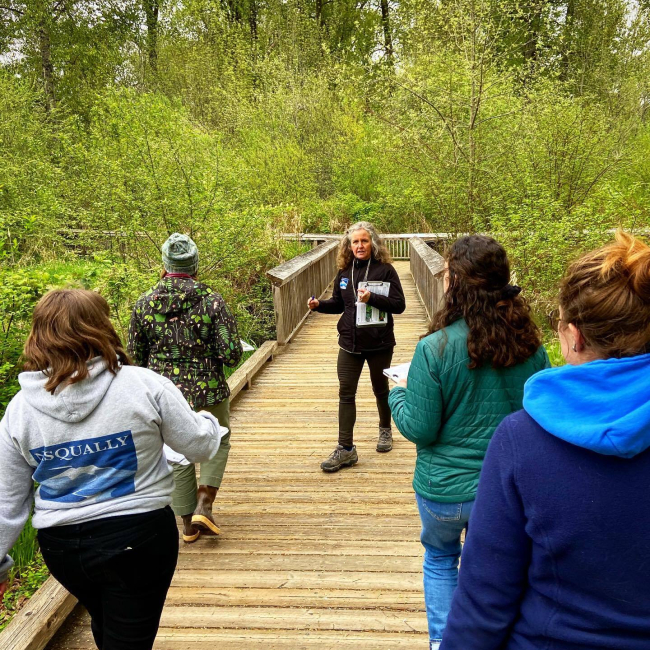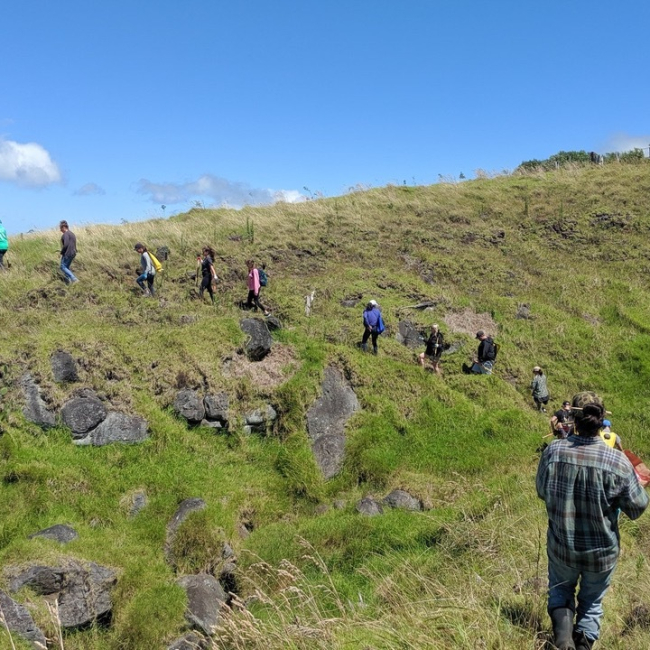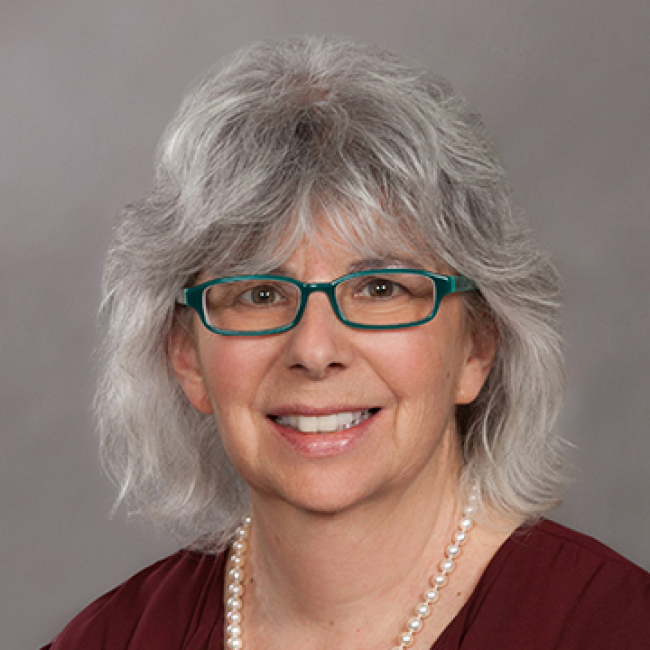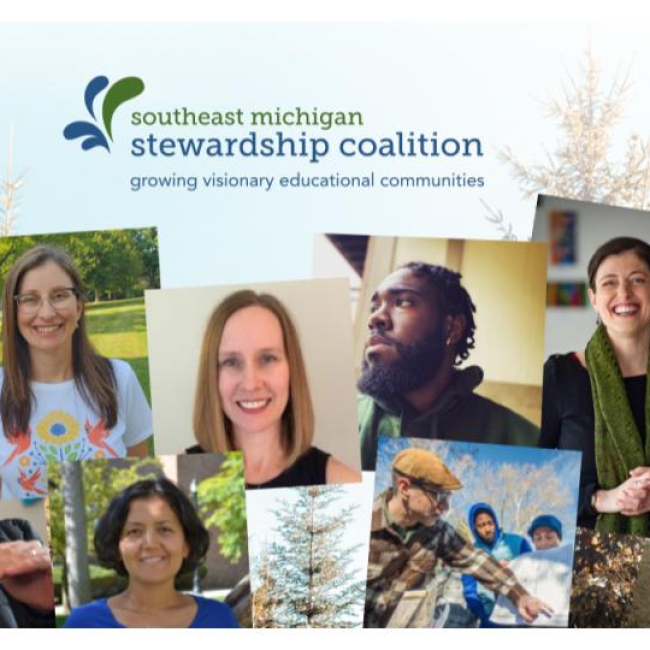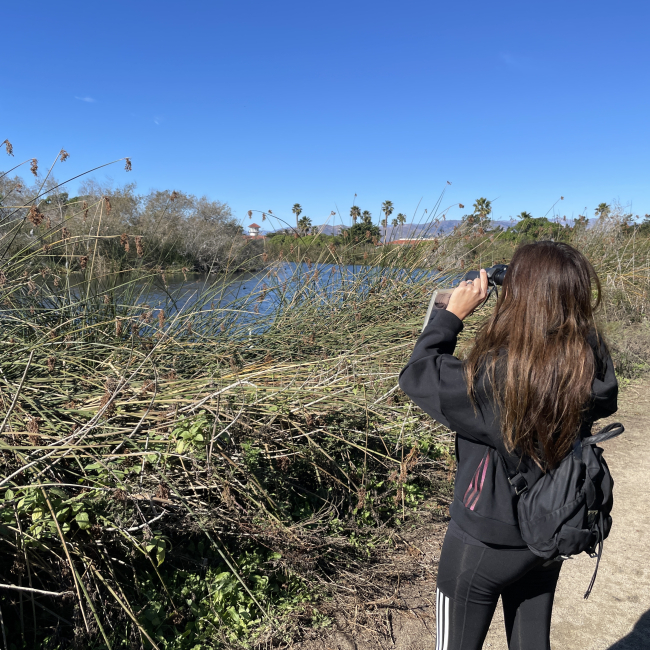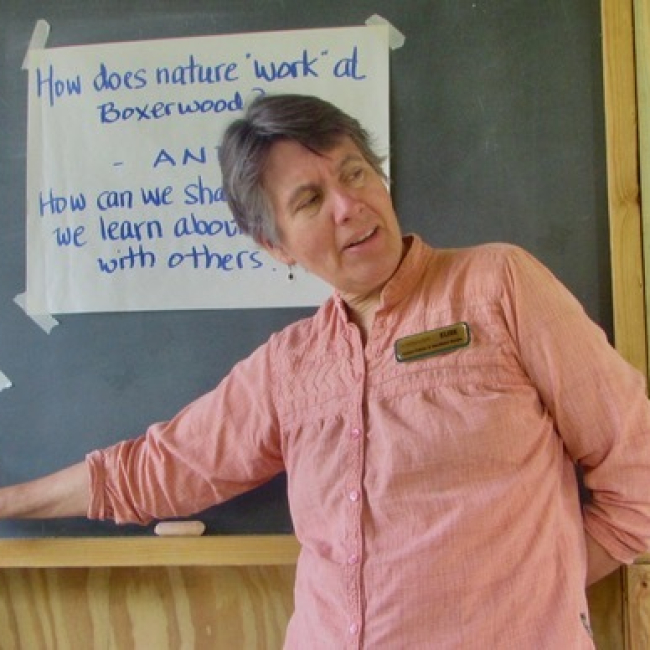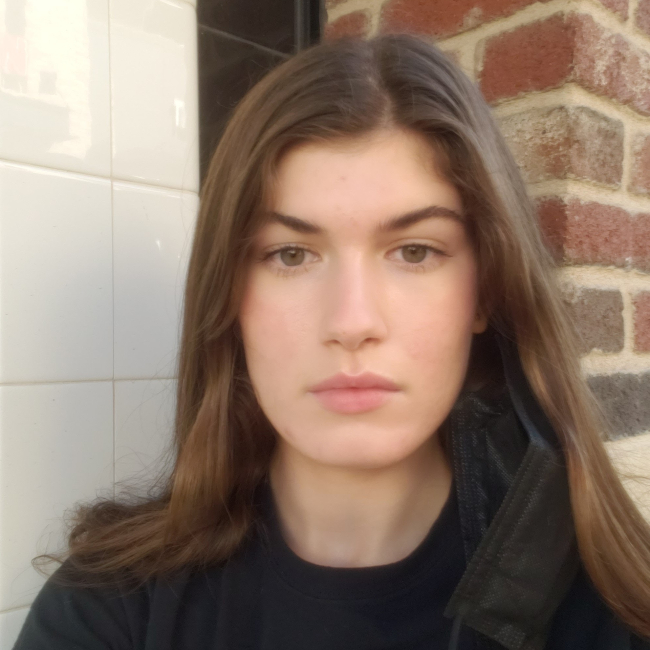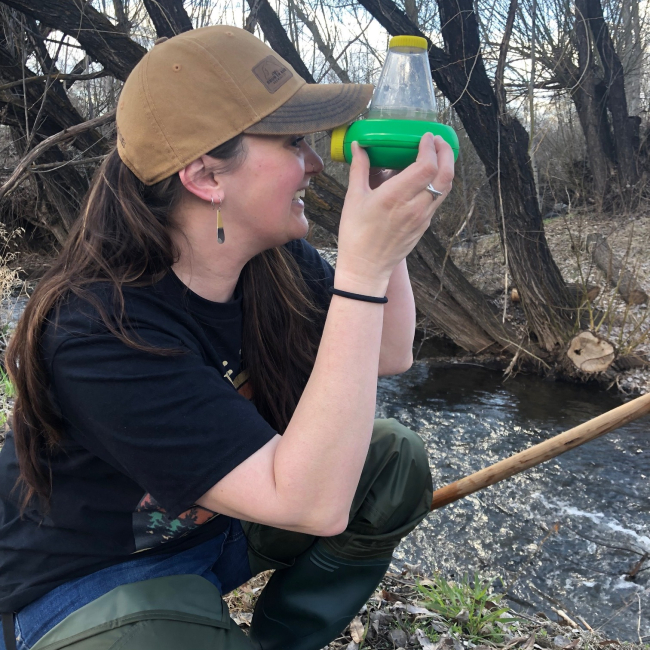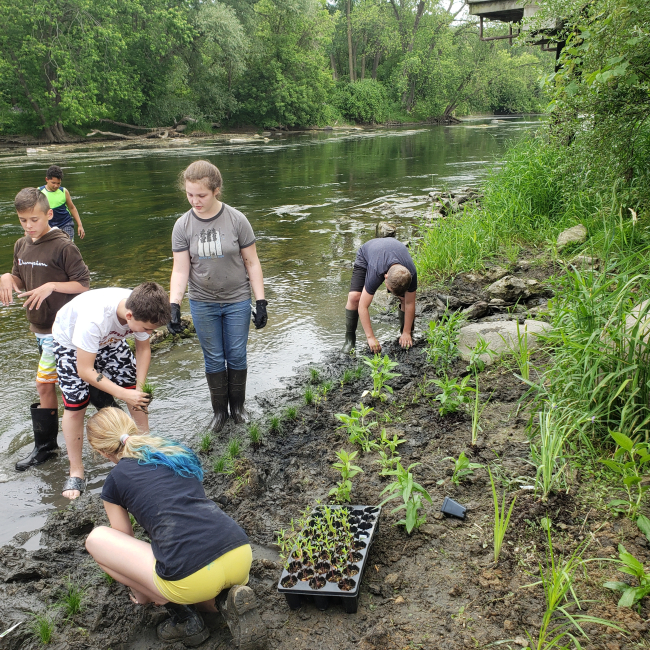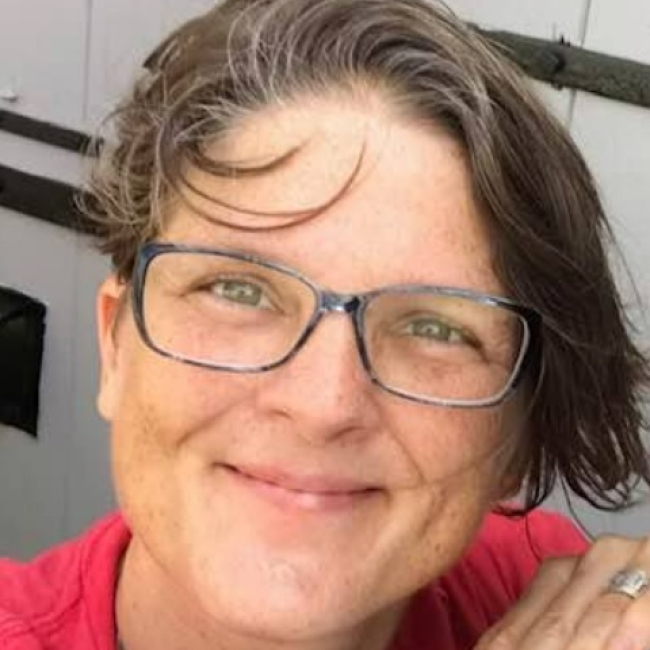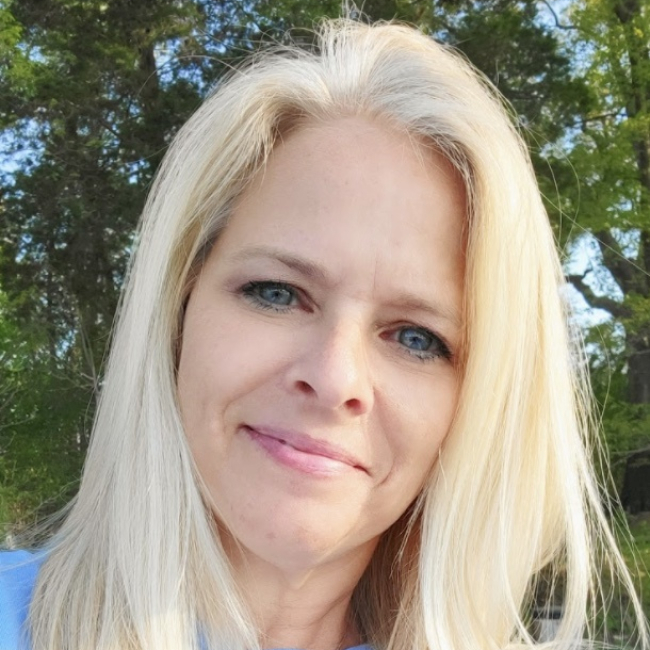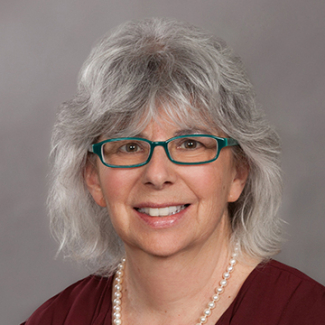
EdAdvance
This opportunity has encouraged me to work with environmental education colleagues throughout the state to better serve students in ways that are engaging and inspirational.
What is your name and current job?
Abby Peklo, Director of Grants and Special Programs, EdAdvance, Litchfield, Connecticut.
How has the NOAA Bay Watershed Education and Training (B-WET) program helped you grow personally and/or professionally?
The B-WET program has helped me grow professionally as an environmental educator and become an advocate for environmental education throughout the state of Connecticut. This opportunity has encouraged me to work with environmental education colleagues throughout the state to better serve students in ways that are engaging and inspirational. The B-WET program has provided critical funding to bring students outdoors in the natural world, away from traditional classrooms and textbook learning. Over the last 20 years, the schools I have worked with have not been adequately funded for educational field trips. Also, they have never prioritized environmental education. By working collaboratively with teachers and schools, I have been able to offer several hundred students an opportunity to get wet, get dirty, and dig deeper into their natural world. My hope is that I have helped many young people to make personal behavioral changes and choices that positively impact the environment. The B-WET program has also enabled me to model for teachers how they can contextualize challenging topics, such as global climate change and trash reduction, in ways that are much more authentic than teaching from a textbook.
I have grown personally in many ways through my B-WET work. Every day is a new opportunity to consider how I personally can reduce my environmental impact. As I develop curriculum for students, I learn new things about the natural world and feel motivated to continue discovering more. I have greatly benefited from becoming involved as a leader in my state’s environmental education association, which has been an amazing network of environmental education collegial support. My work with B-WET encouraged this involvement more so than any other work.
Has B-WET and learning about the Meaningful Watershed Educational Experience (MWEE) framework enabled or helped you improve your programs? If so, how?
Yes, B-WET and the MWEE framework have provided the backbone for teaching project content. We share the MWEE framework with teachers and consider it our “bible” for guiding our work.
Has B-WET helped you implement and/or build capacity for environmental education in your participating schools or in your community? If so, how?
Yes, B-WET has helped me implement and build capacity for environmental education in our schools and community. In the past, our schools and communities have not been able to do much to ensure environmental education. Classroom teachers may occasionally squeeze environmental education into their mandated curriculum or occasionally take students outside on school grounds to conduct investigations or play a few games. However, there are not many environmental education field trips planned at most schools and little effort among schools to ensure that environmental education is effectively blended into school curriculum in meaningful ways. B-WET provides the funding needed to work closely with teachers and students on an ongoing basis. Many teachers continue to fold in B-WET project curriculum throughout each academic year. Some teachers have been inspired enough to participate in additional environmental education professional development that is provided throughout the state, which helps them refresh their classroom teaching and receive support from other classroom teachers and environmental education colleagues around the state.
How has your B-WET project impacted the student participants or the community?
Our B-WET projects have impacted participating students in three overarching ways:
- Increasing student interest in environmental education, STEM, and the environment.
- Encouraging students to consider their everyday environmental impacts and how they can make a difference as environmental stewards and citizen scientists.
- Encouraging students to think about careers in environmental education or STEM.
We know from speaking with teachers and others in the community years later that some students continue to demonstrate the impacts of B-WET in their lives. For example, earlier this year, a conservation colleague called to share that one of my B-WET high school students graduated from college as an environmental education or biology major and began working for her in Northwestern Connecticut. The student told my colleague that she never would have thought about entering this career had she not participated in our B-WET project in high school!




